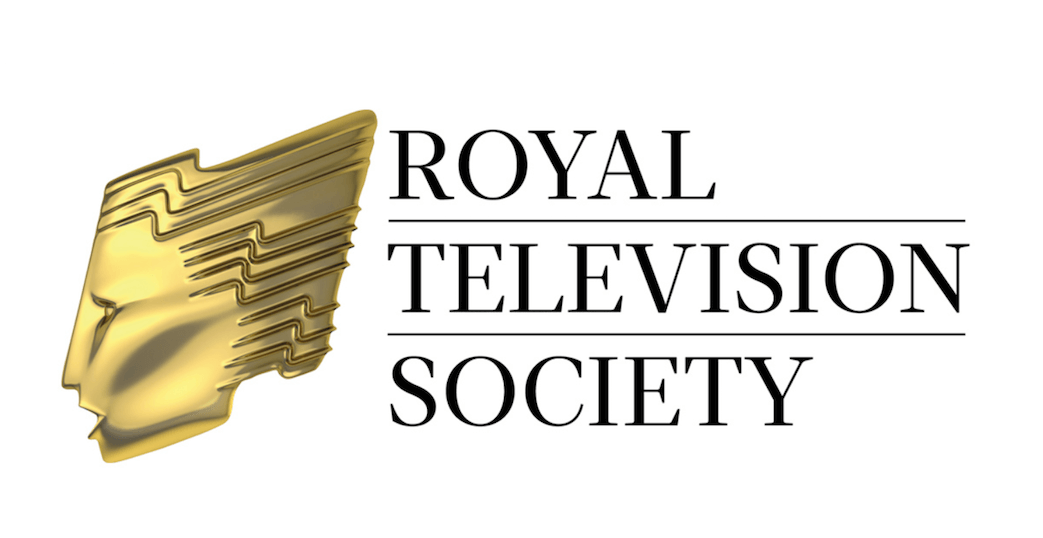BBC chairman calls for tighter social media regulation – Televisual

The BBC’s chairman Richard Sharp is calling for tighter regulation of the world’s major social networks and platforms to crackdown on disinformation and fake news.
Speaking at the RTS Convention in Cambridge today, Sharp wants the BBC “to define itself globally as a pre-eminent purveyor of facts in the disinformation age.”
In his first major public intervention since taking up the role in February, Sharp will call for the outdated Communications Act 2003 to be replaced with modern legislation fit for the digital age and say now is the time to introduce greater protections to safeguard future generations.
He will say there are “urgent questions” that need answering as “closed media environments” have allowed conspiracy theories, lies and falsehoods to spread rapidly.
“Where once these theories would bubble away in private echo chambers, Covid has created the perfect conditions for them to boil over into the mainstream – fed by algorithms that are great at recognising viral potential but not so good at spotting nonsense.”
“The pandemic and ‘infodemic’ that has spread alongside have left us in no doubt of how vulnerable we all are. But it has also suggested that some are more vulnerable than others….The magnetic draw of conspiracy theories in our societies is getting stronger.
“And we can no longer pretend it doesn’t have real-life consequences – whether it’s pulling down 5G masts, driving down vaccine take up, or leaving the results of democratic elections in doubt.”
He will tell the assembled audience of media executives that while fact-checking services and growing collaboration between platforms and trusted news brands to flag-up falsehoods are vital, “prevention is better than cure.”
“There are urgent questions to be answered about the future media world we want to live in…We need to rethink the regulatory environment in this country – and replace a Communications Act that pre-dates Facebook with one that can deliver on a clear vision.
“But we also need to look at where the digital world comes up against the fundamental rights, freedoms and privacies we sign up to as societies and individuals. Does the principle of media freedom need to be redefined and re-enshrined for the digital age?
“Do we need to claim our personal data as a human right, rather than an asset to be bought and sold?
Turning to the BBC, he will say there is “clearly a major national and global role here for us as a force for good” and highlight the importance of independent, impartial news in the ongoing fight against disinformation.
“The Orwell quote outside our London HQ sums up our commitment to information over affirmation: ‘If liberty means anything at all, it means the right to tell people what they do not want to hear,” he will say.
“Reporting without fear or favour is fundamental to the reach, trust, and respect the BBC brand enjoys at home and worldwide. That’s why the Board and the Director-General, Tim Davie, have identified impartiality as our first priority.
Jon Creamer
Share this story
*** This article has been archived for your research. Find the original article here ***


